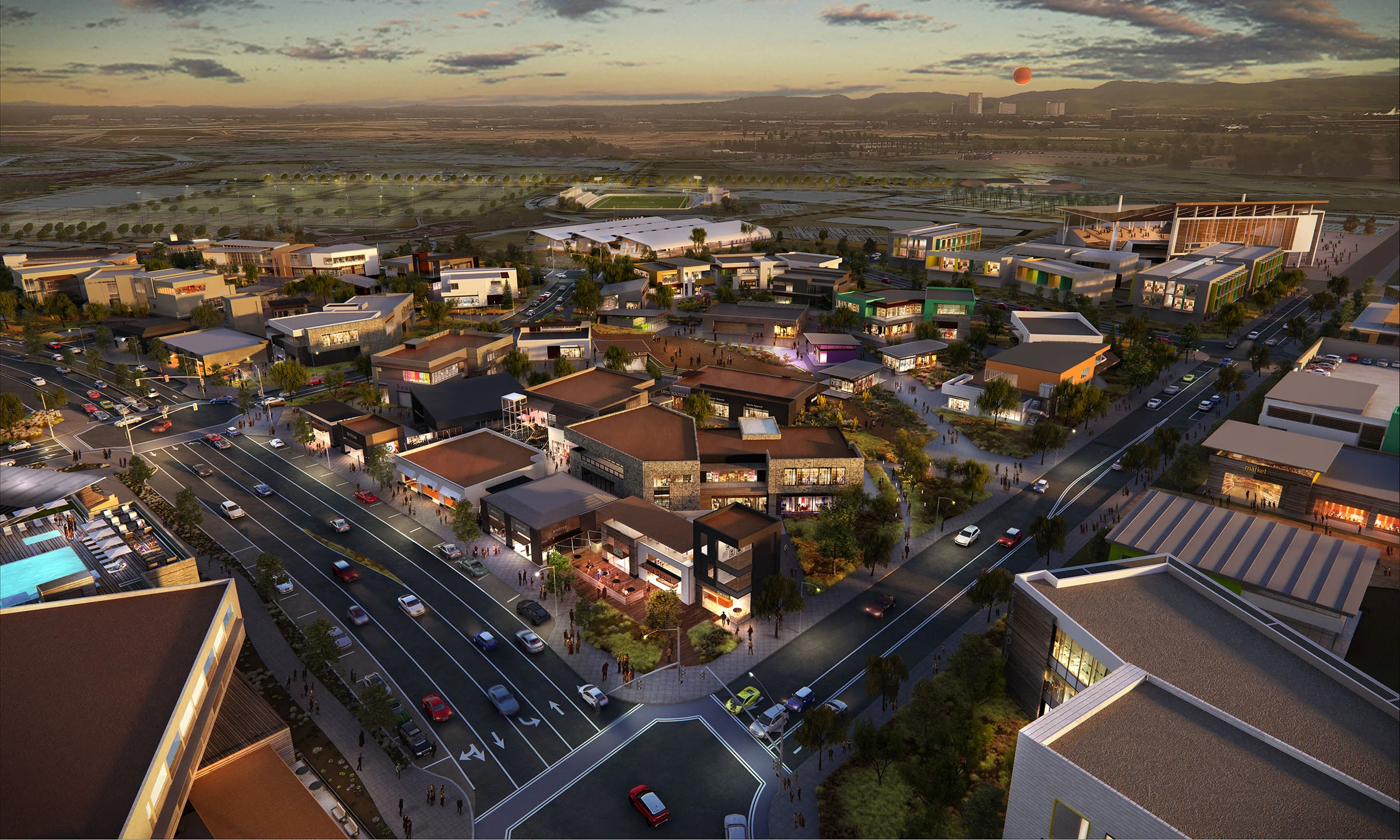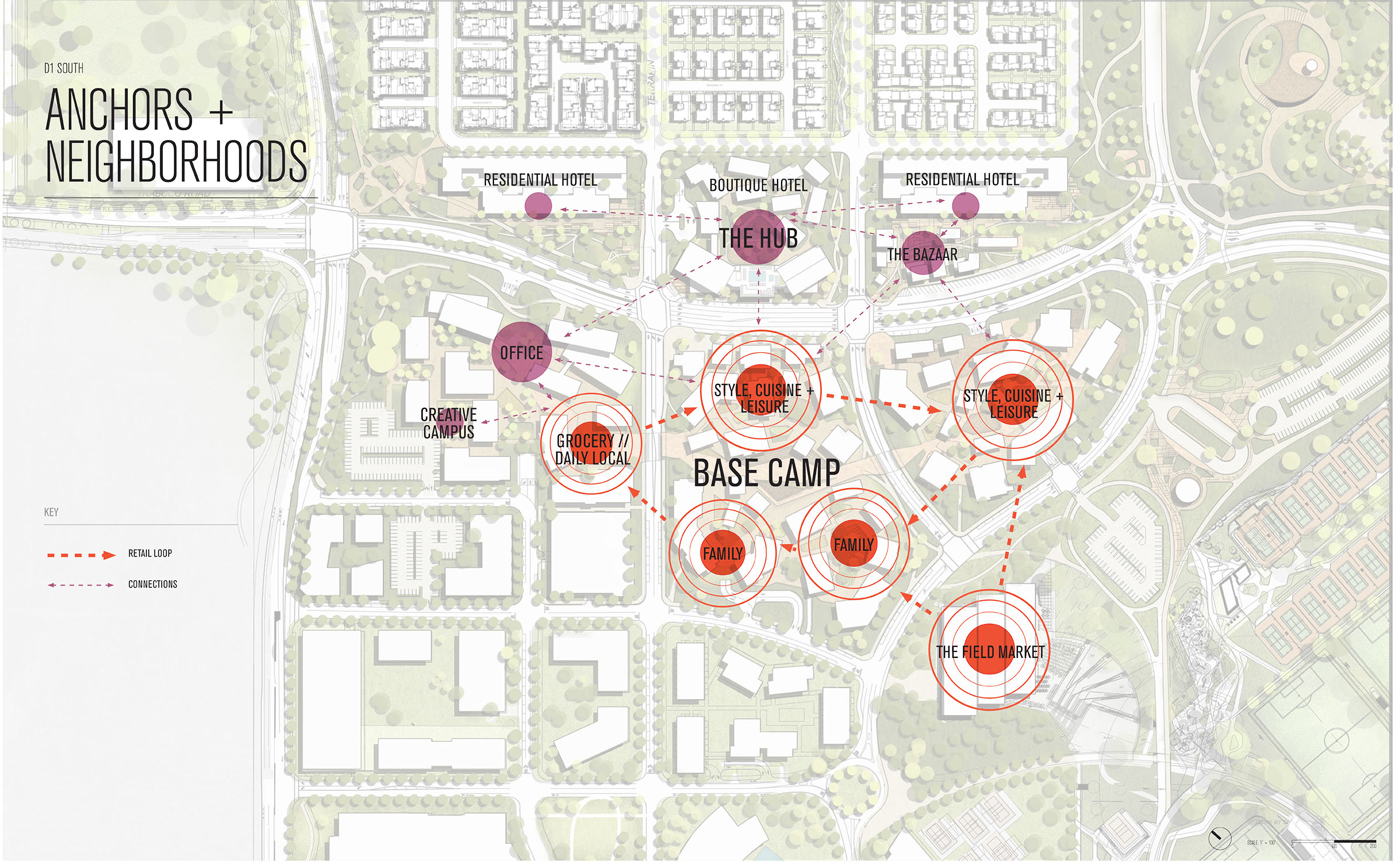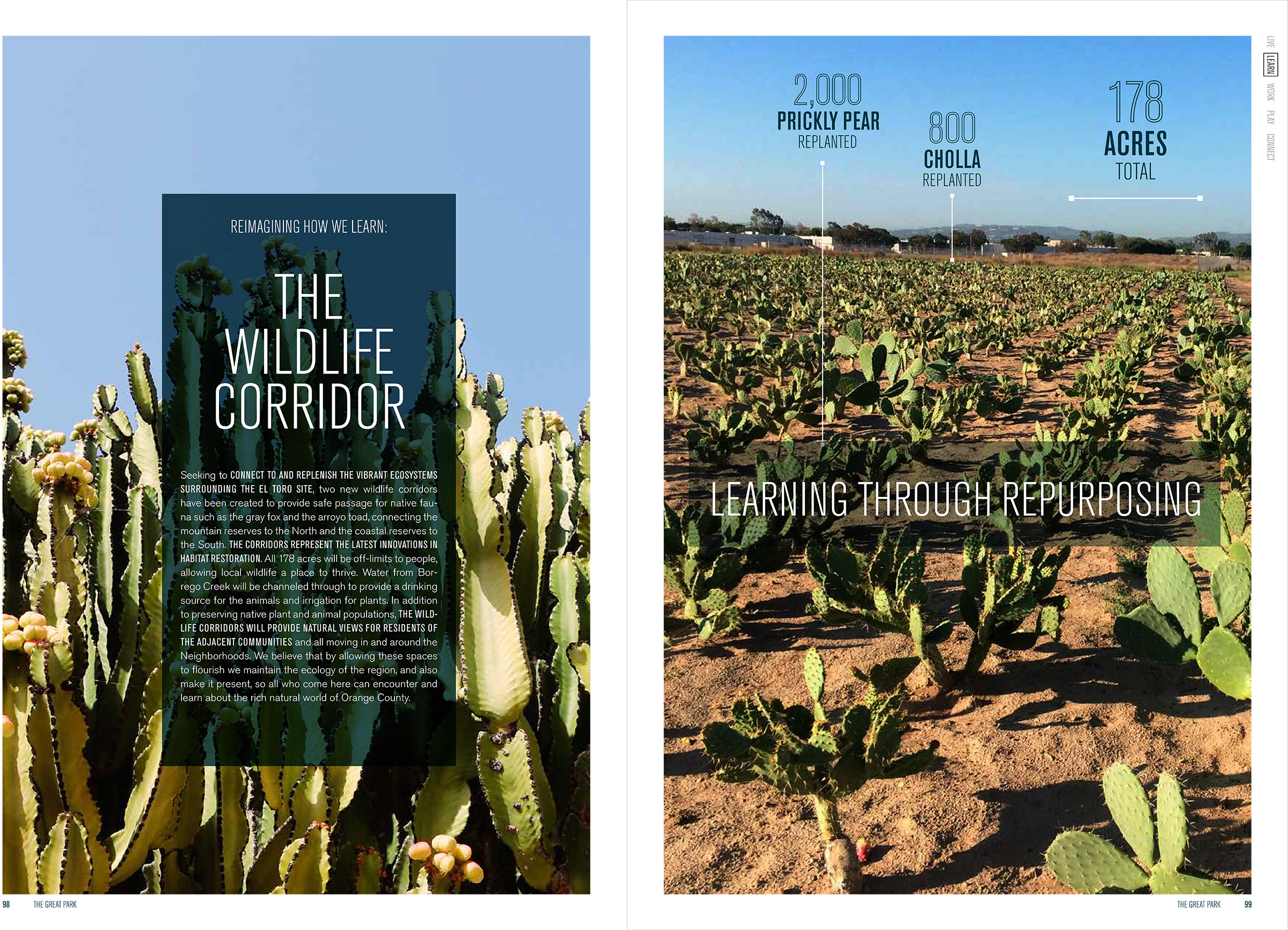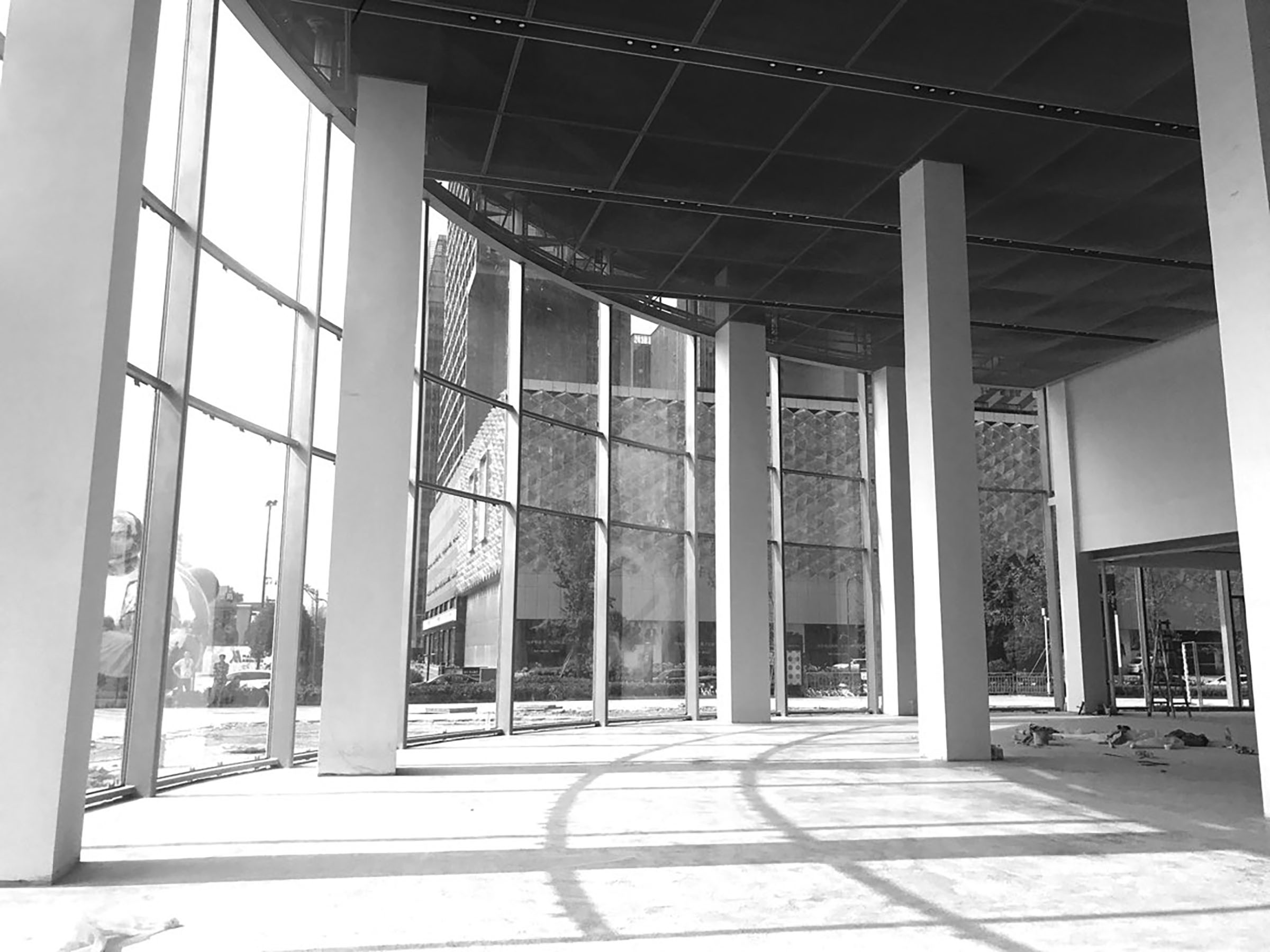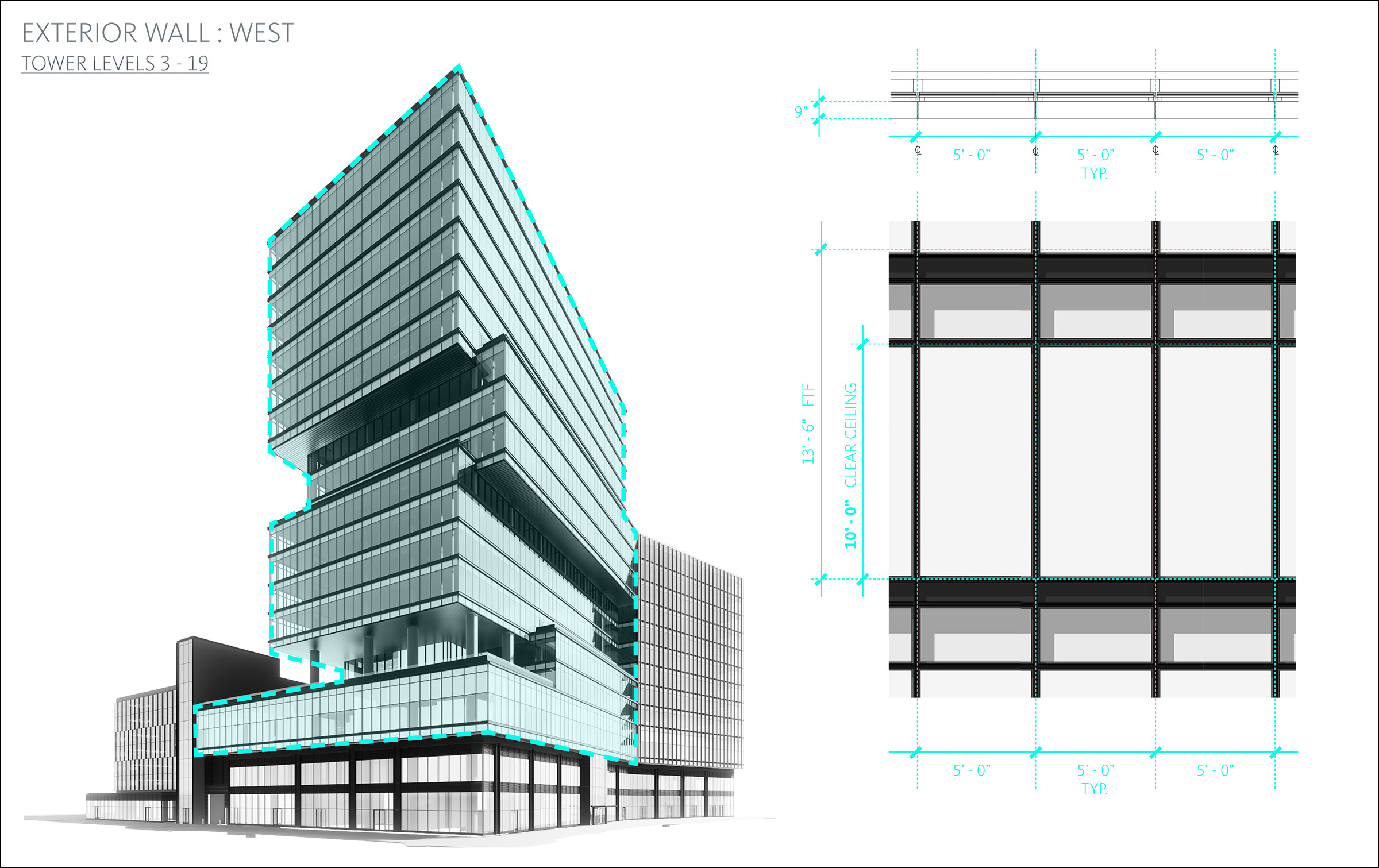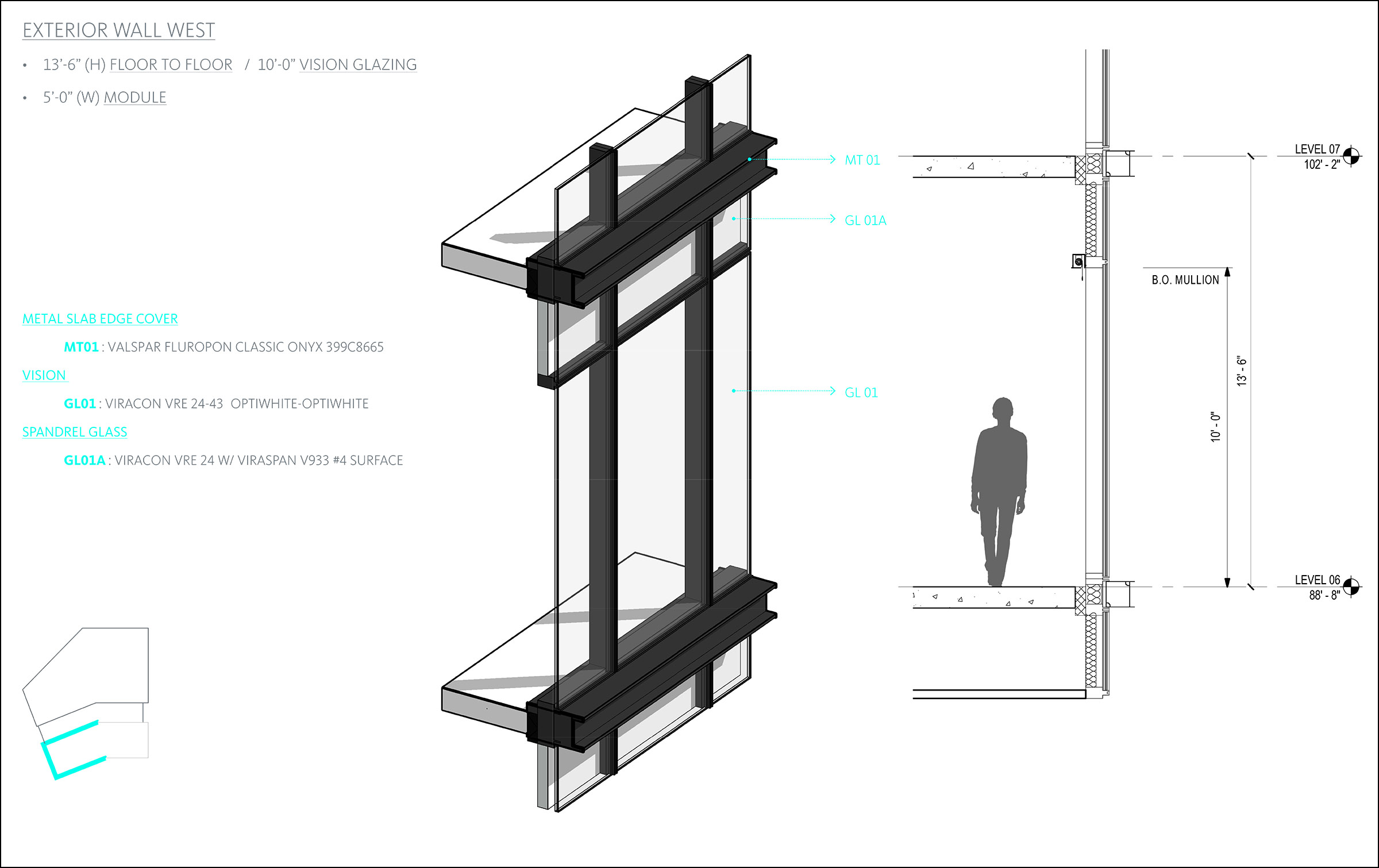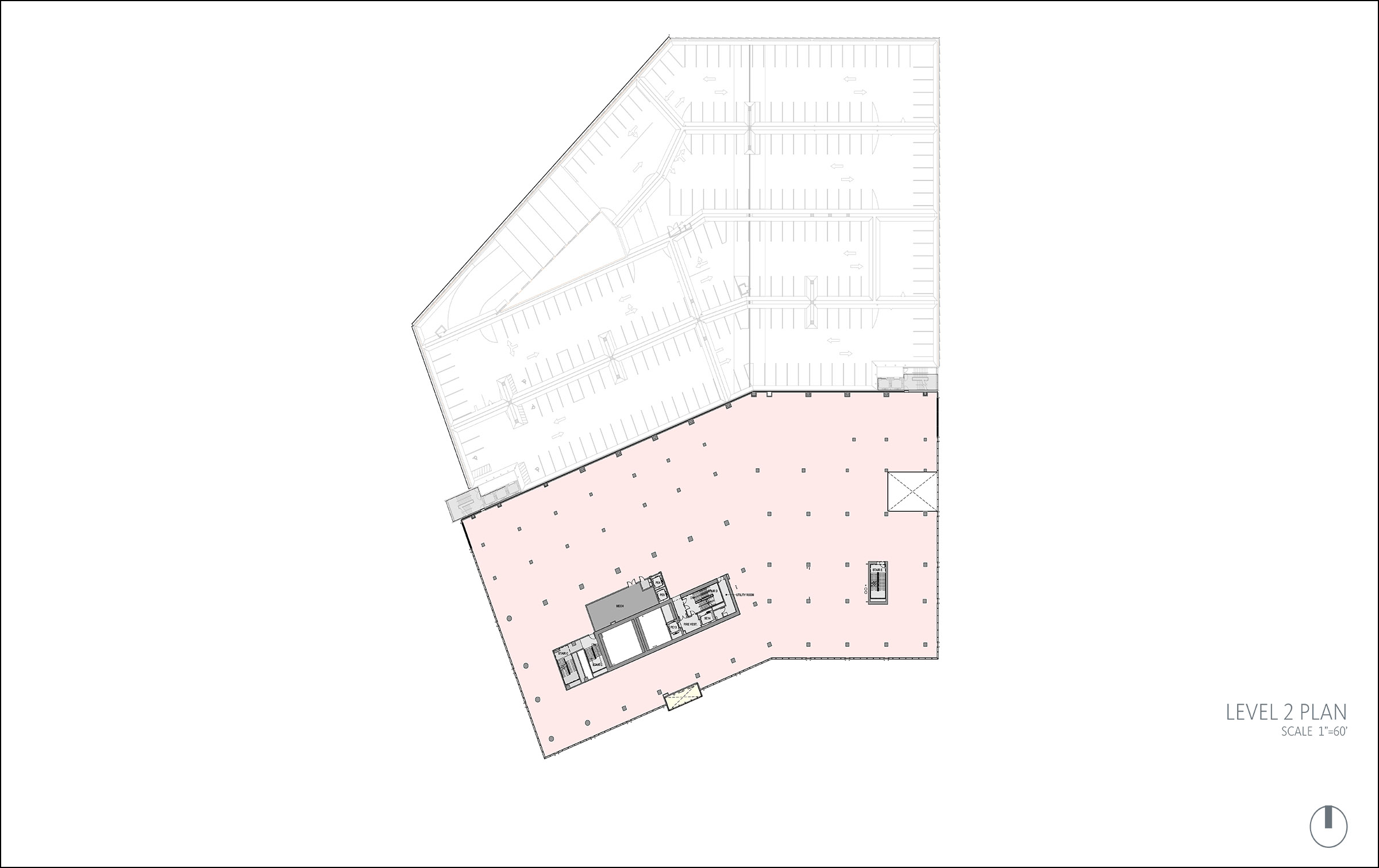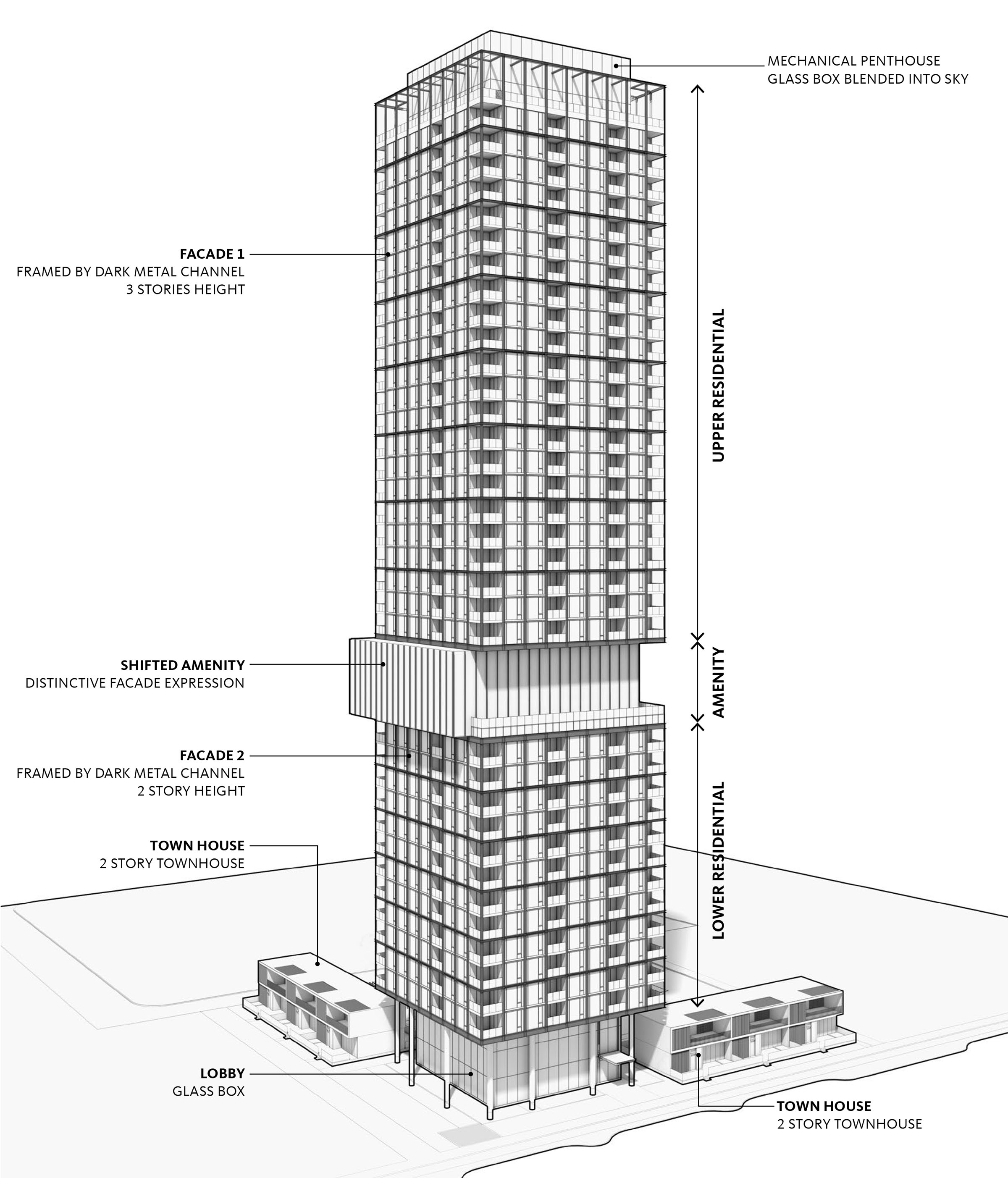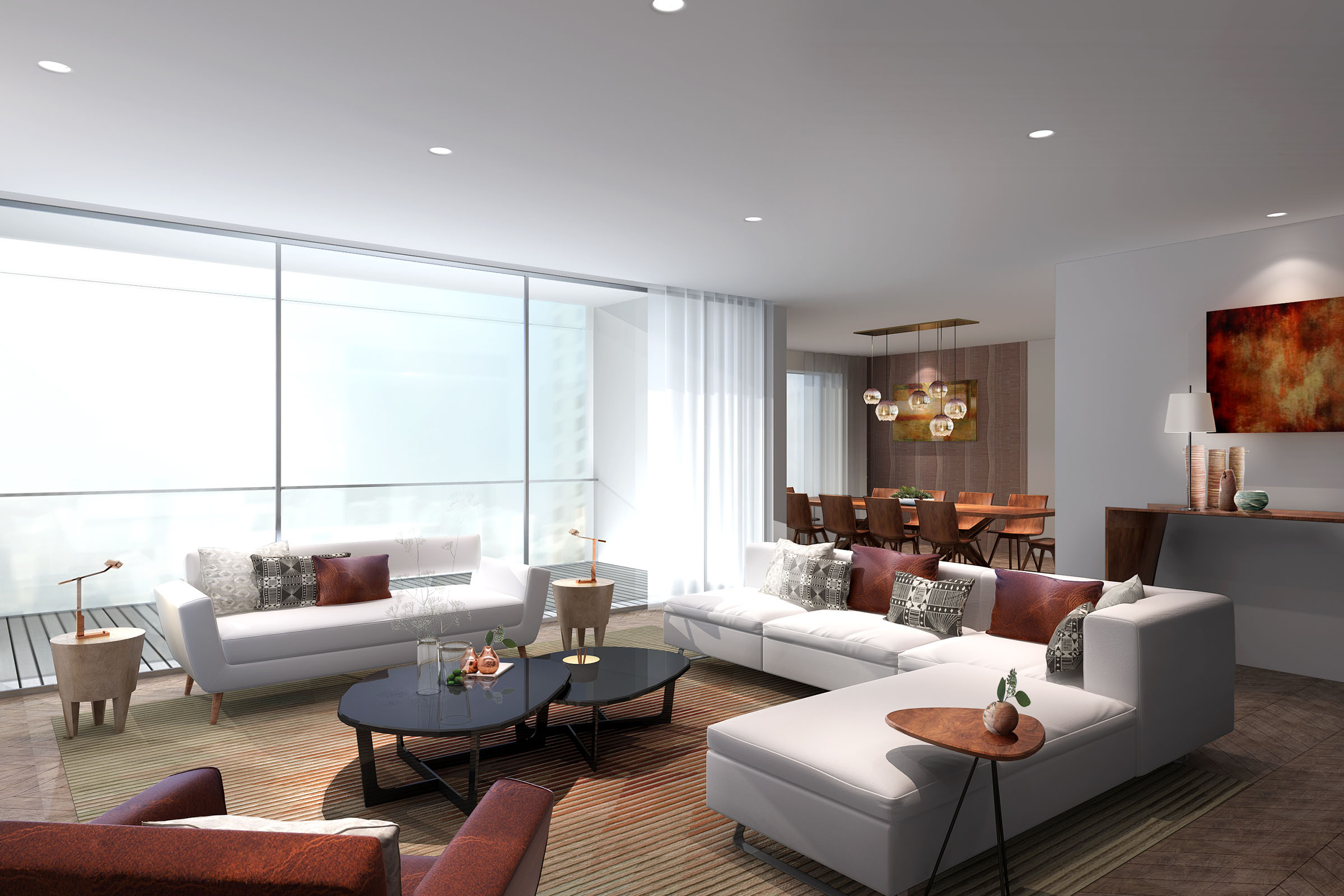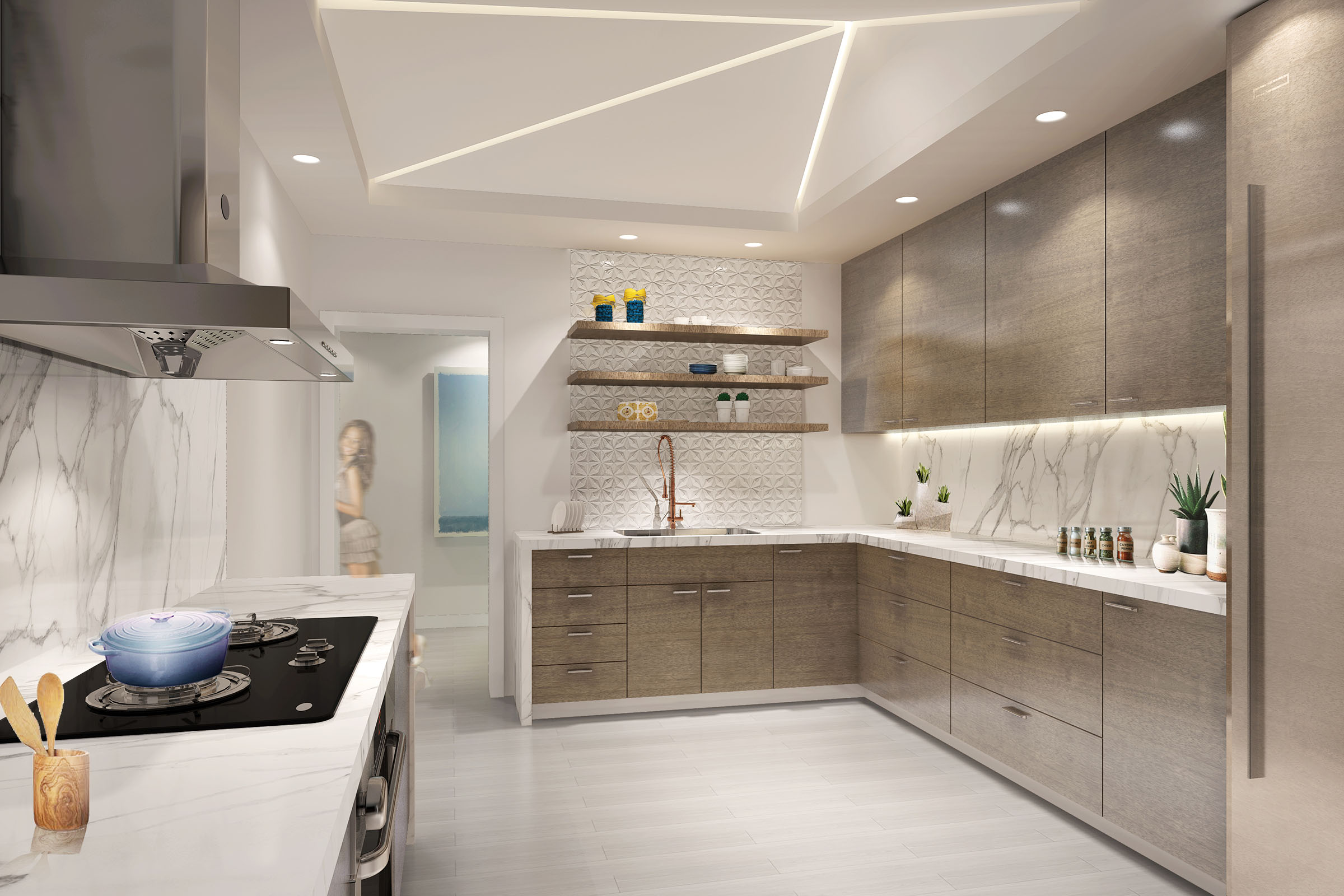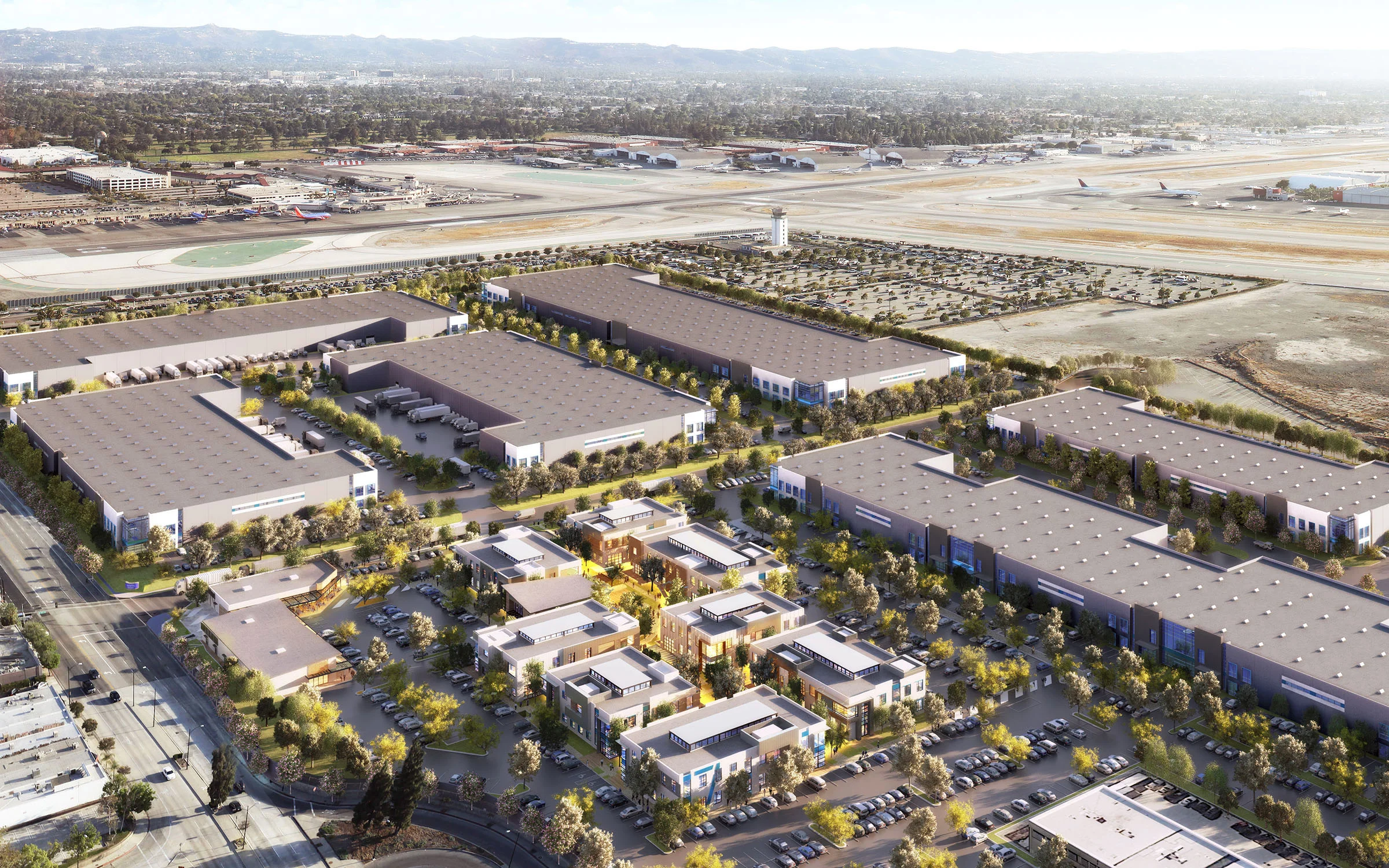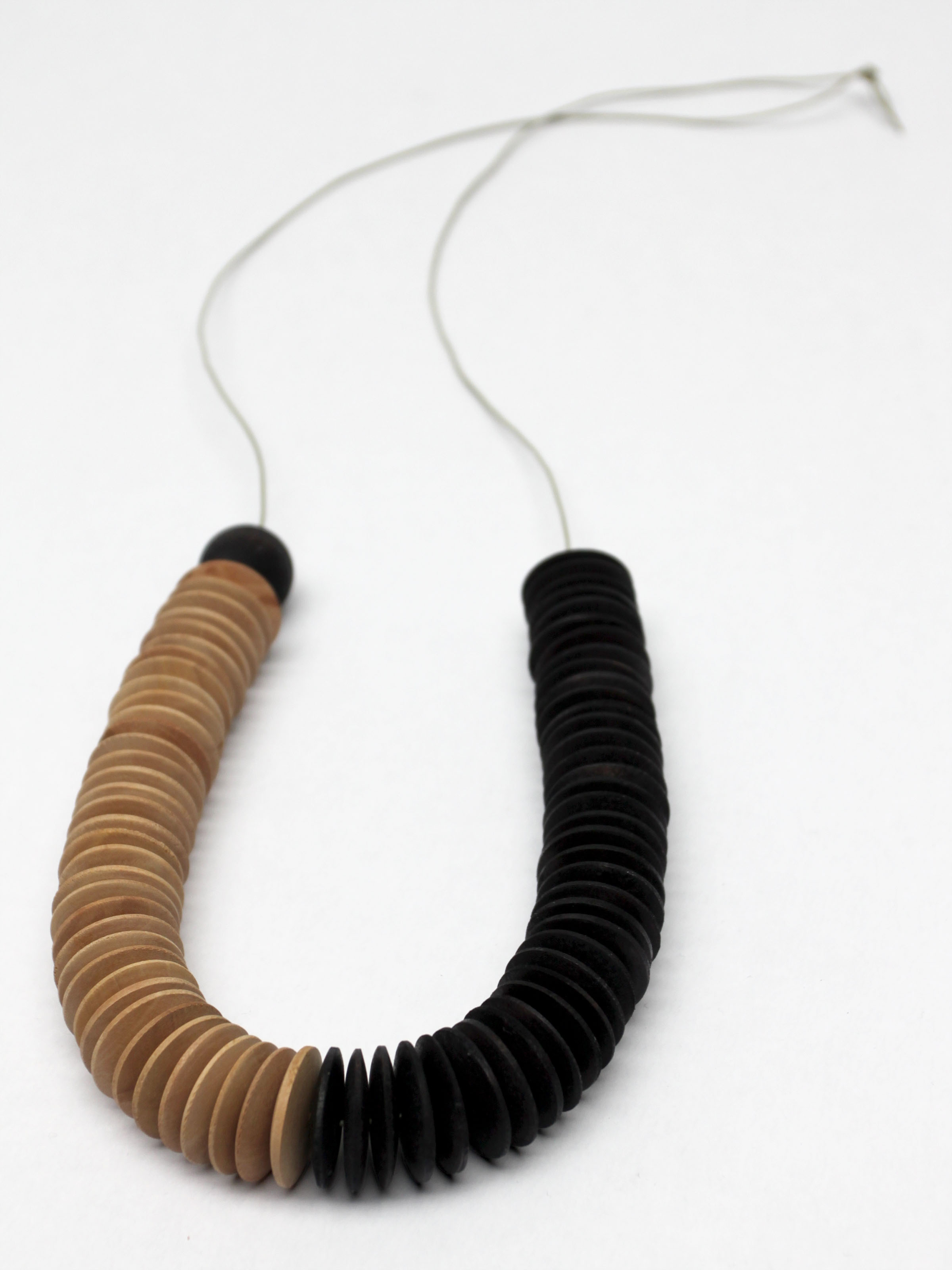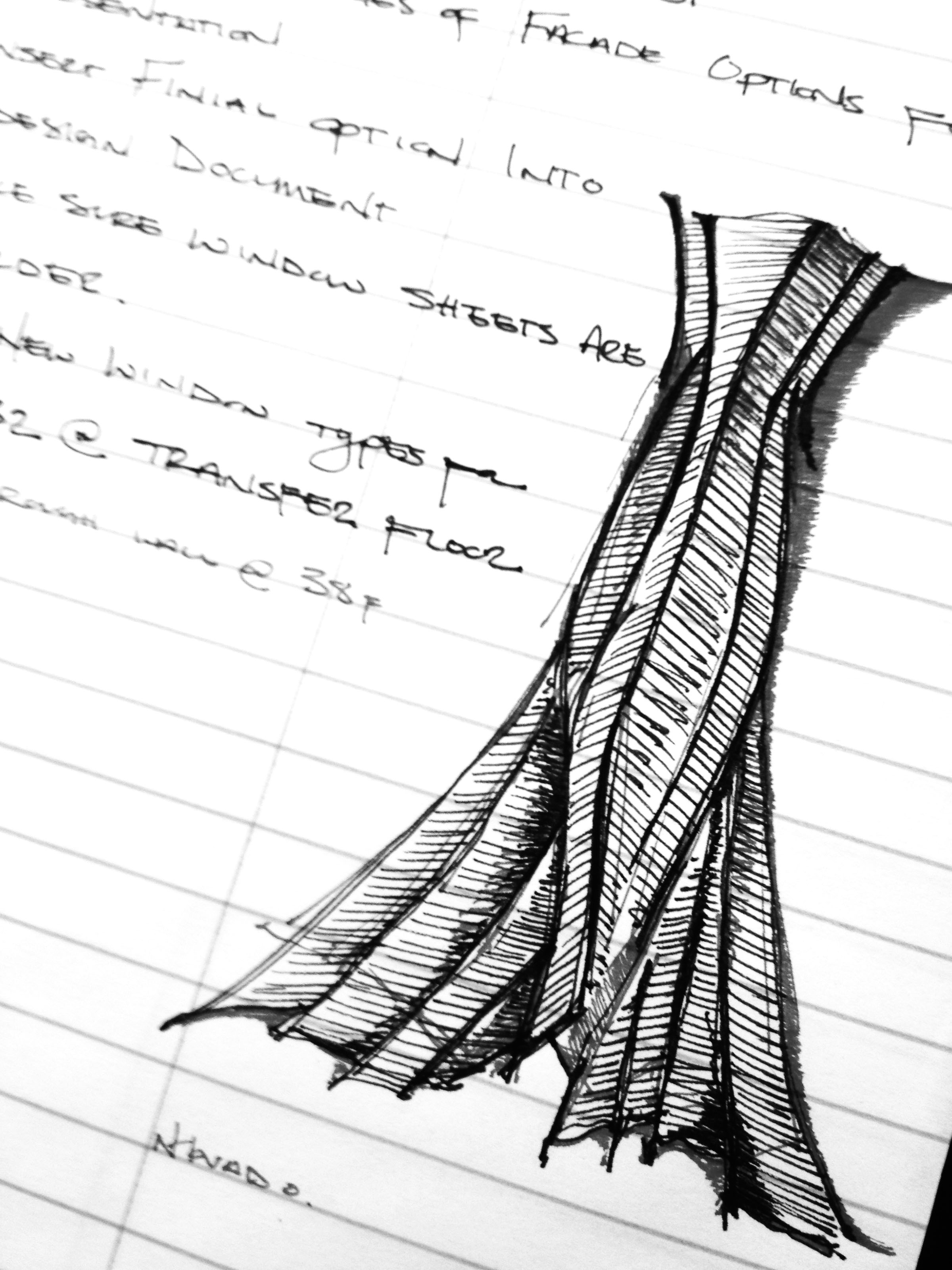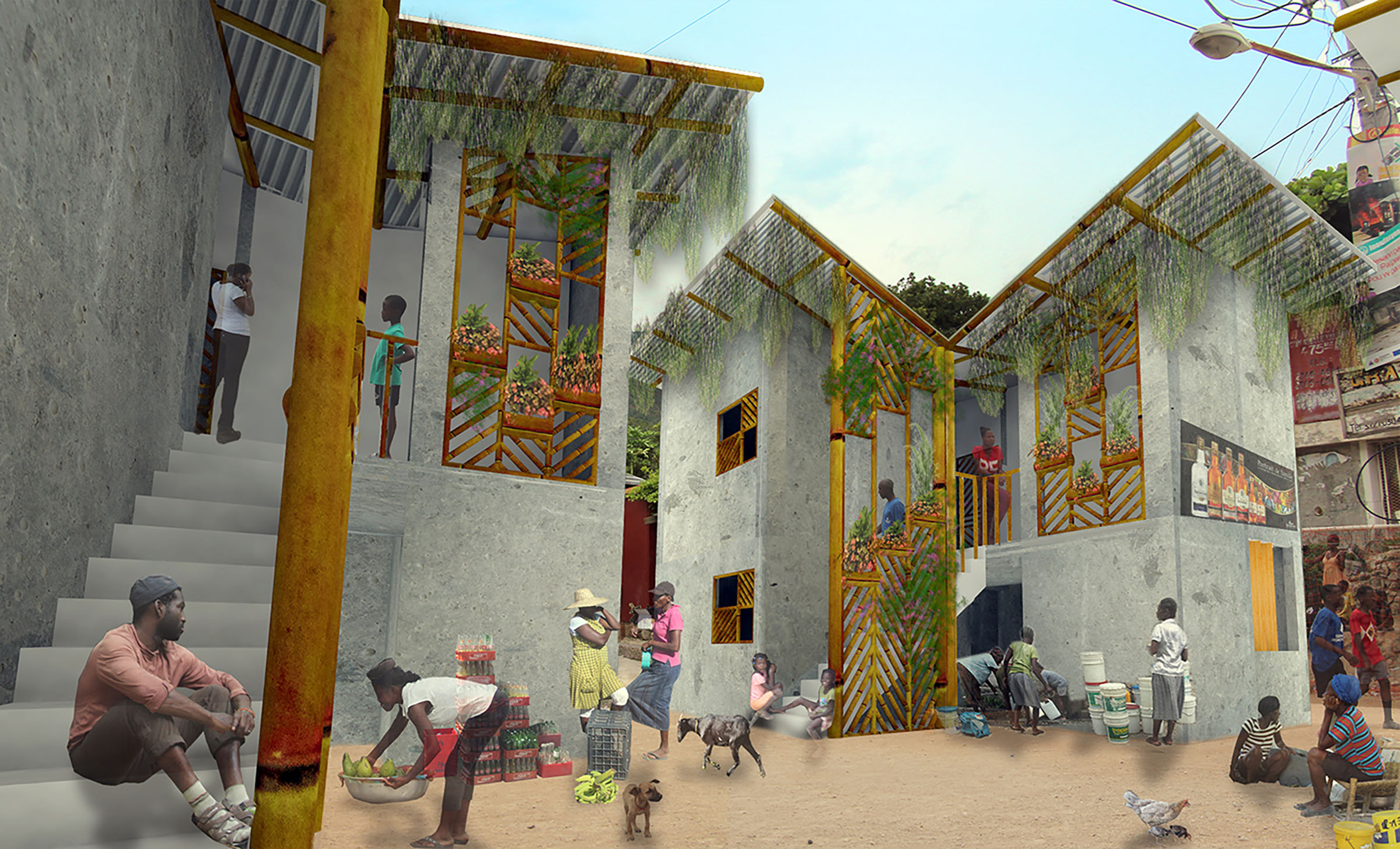The second half of 2018 confronted Indonesia with a series of deadly earthquakes and tsunamis that resulted in the loss of more than 2,000 lives. Located within the Ring of Fire, Indonesia is prone to not only earthquakes, but also droughts, flooding and mudslides. The frequency and intensity of these conditions are expected to worsen due to climate change threatening the nearly 25 million Indonesian families living in informal housing.
Following the disaster in Lombok, social attitudes towards concrete and heavy masonry changed. Informal housing built without standards and codes were perceived as major contributors to the loss of life. In a place like Indonesia where there is an abundance of sustainable, lightweight natural building resources, bamboo presents the local population with an opportunity to consider affordable, sustainable and lightweight housing designed to sensitively address its practical and cultural considerations.
Therefore, in order to begin to change the perception of bamboo and propose and affordable and durable alternative to housing in Lombok, the AA Bamboo Lab, in partnership with Bandung Institute of Technology, held a design and construction workshop looking at creating an engaging vision for what bamboo can do structurally and spacially by designing a 25sqm core house that can be built for $4,000USD.
In small groups students began the design process through a method of consultation in order to better understand the needs, livelihoods, circumstances and priorities for the people impacted by the earthquake. They then began developing spacial models that were iterated both in physical and digital form, as well as at 1:1 scale using bamboo construction in order to be able to test ideas in real time.
Course: International Experimental Design Workshop
Role: Instructor
Affiliation: Architectural Association, London
Year: 2018 - Present






























